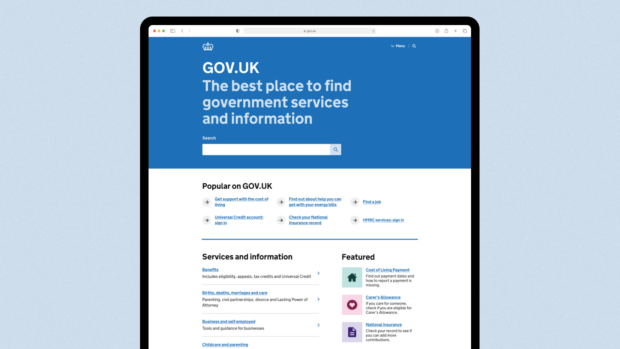The UK has slipped from first to fourth place in the global digital government rankings published biennially by the United Nations.
Top of the table in the 2018 report is Denmark, with an e-government development index of 0.915. Second is Australia on 0.9053, followed by South Korea on 0.901. The UK – which led the rankings in the 2016 report with an index of 0.9193 – could only manage fourth this time around, with a score of 0.8999.
The top 10 was completed by Sweden (0.8882), Finland (0.8815), Singapore (0.8812), New Zealand (0.8806), France (0.8790), and Japan (0.8783).
The report claims that the ratings represent a “holistic” view of each country’s e-government set-up, based on three factors determining whether people can benefit from online information and digital services: quality of telecoms infrastructure; operational ability to promote and deploy technology; and availability of digital content and services.
On this first metric, dubbed the Online Service Index, the UK scored 0.9792. On the second, the Human Capital Index, the country was awarded 0.92, while the third, the Telecommunications Infrastructure Index, brought a score of 0.8004.
Related content
- “Our country was like a start-up”: Lessons from Estonia and why true e-government requires trust and buy-in
- ‘Good things happen when you play nicely’ – GDS takes a new tack
- Lessons from Seoul: How eGovernment can drive citizen engagement
The mean overall score across all countries was 0.55 – up from 0.47 in 2016. In the last report there were 29 countries with what the UN considers to be a ‘very high’ e-government score of 0.75 or above. This figure has now risen to 40.
The report said that, since at least 2014, all 193 UN member states “have been delivering some form of online presence”.
This year marks the tenth publication of the report, which the UN first compiled in 2001.
“E-government has been growing rapidly over the past 17 years since the first attempt of the
United Nations to benchmark the state of e-government,” the report said. “The 2018 Survey highlights a persistent positive global trend towards higher levels of e-government development.”
But the report also warned of a worldwide risk that “the public sector is inadvertently creating new digital divides by advancing e-government services at the expense of those who cannot take advantage of them”.
To illustrate this, the UN report pointed to a survey conducted by the BBC and industry group Go ON UK, which found that 21% of the UK population lack the skills to use email and search engines, or to buy things online.
“There are non-technology related measures that could ensure that e-government benefits reach those who are the furthest behind,” the report said. “It is important that governments use various communication mediums such as call centres and community centres to serve vulnerable groups.”



